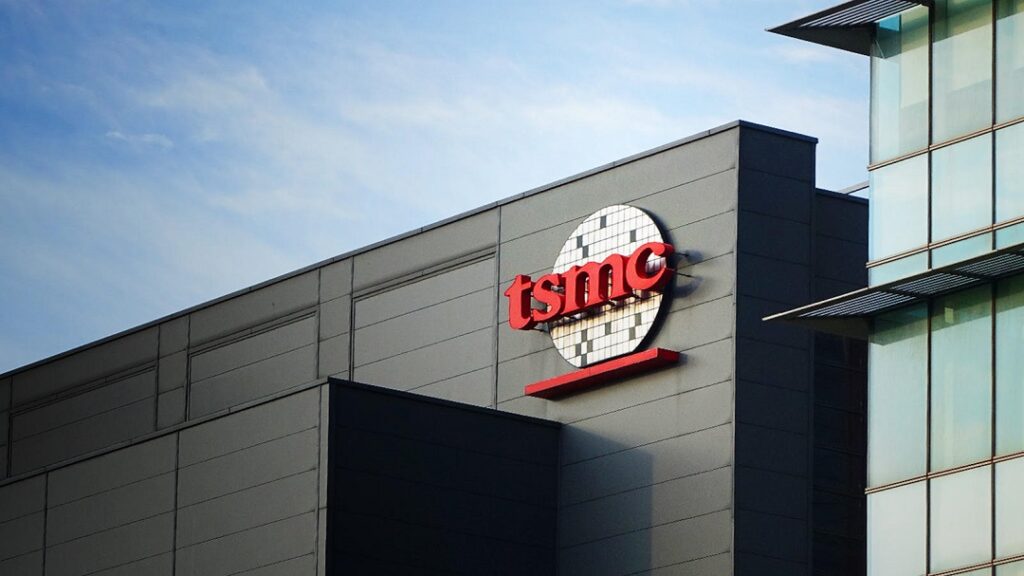
TAIPEI: Taiwan Semiconductor Manufacturing Co. (TSMC) on Thursday reported a 61% surge in second-quarter profit, setting a quarterly record as strong demand for artificial intelligence chips continued to drive sales.
The world’s largest contract chipmaker posted net income of NT$398.27 billion ($12.7 billion) for the June quarter, surpassing LSEG SmartEstimate forecasts of NT$377.86 billion. Revenue jumped nearly 39% from a year earlier to NT$933.80 billion ($31.7 billion), also topping expectations.
Shares of TSMC rose more than 4% on trading platform Robinhood in early U.S. hours following the results.
CEO C.C. Wei said on an earnings call the company expects full-year revenue to grow about 30% in U.S. dollar terms, buoyed by ongoing expansion in AI and advanced chip technologies.
For the third quarter, TSMC forecast revenue between $31.8 billion and $33.0 billion, marking an 8% sequential increase and up 38% year-over-year at the midpoint.
High-performance computing (HPC), including AI and 5G applications, drove second-quarter momentum, accounting for 60% of revenue—up from 52% a year earlier. Advanced technologies, defined as 7-nanometer process nodes or smaller, made up 74% of wafer revenue.
“The primary driver of growth for TSMC has been the robust demand for AI-related chips, particularly for the leading-edge nodes below 7nm,” said Brady Wang, associate director at Counterpoint Research. He added that the AI boom remains sustainable in the near term as adoption expands across industries.
Still, analysts warned of possible headwinds. The U.S. administration under President Donald Trump has floated steep reciprocal tariffs on Taiwan, including a 32% levy announced in April. Additional tariffs targeting semiconductors remain a possibility, local media reported.
“Looking into the second half of 2025, we have not seen changes in customer behavior so far,” Wei said. “However, we understand there are uncertainties and risks from the potential impact of tariff policies.”
U.S. export controls continue to complicate TSMC’s business in China, affecting operations for key clients including Nvidia and AMD. But signs of easing tensions emerged this week, as both companies said they had received government assurances to resume shipments to China.
Other potential risks include appreciation of the Taiwan dollar and possible order reductions from smartphone and PC makers due to global macroeconomic uncertainty, said Sravan Kundojjala, an analyst at SemiAnalysis.